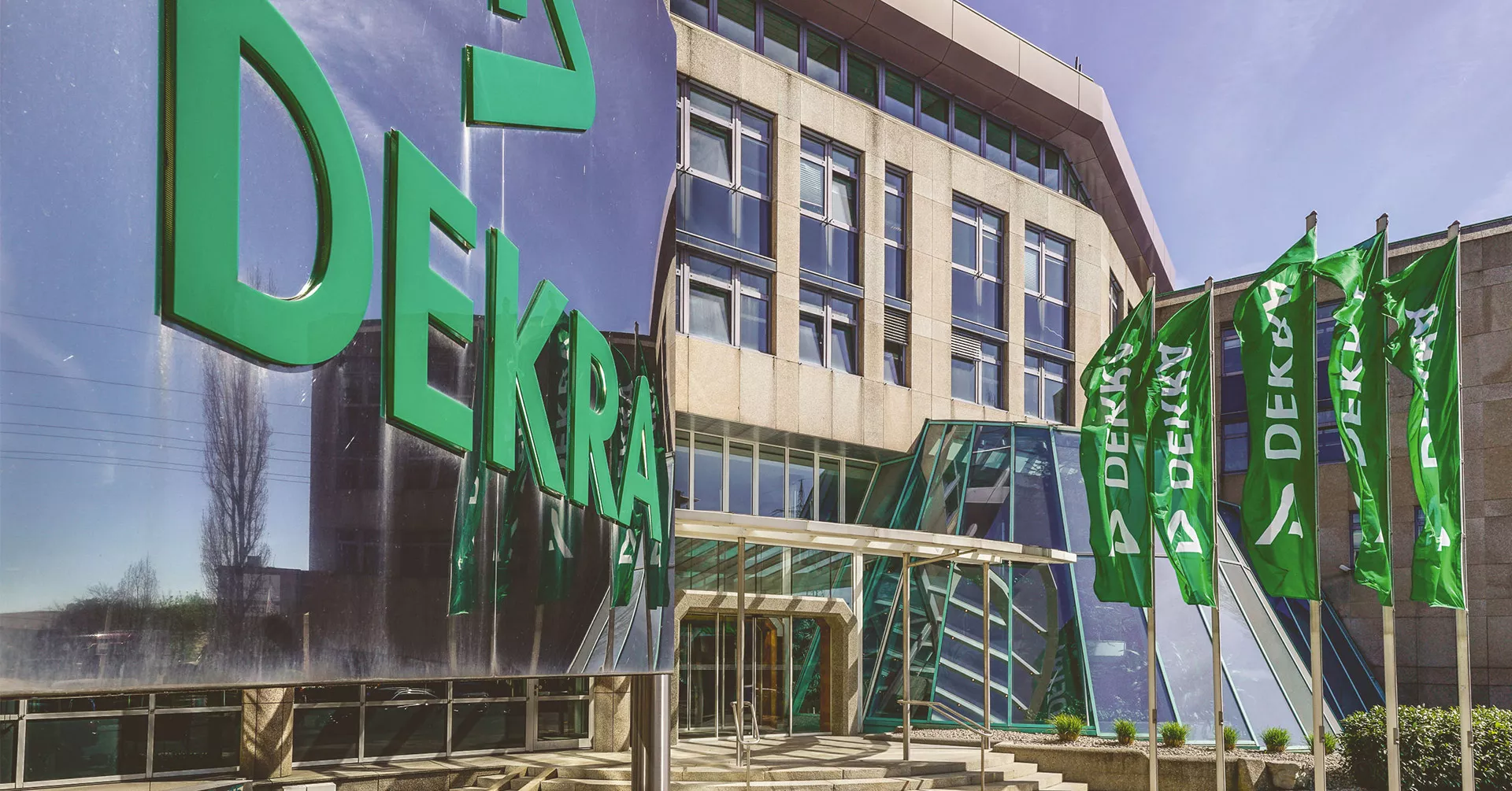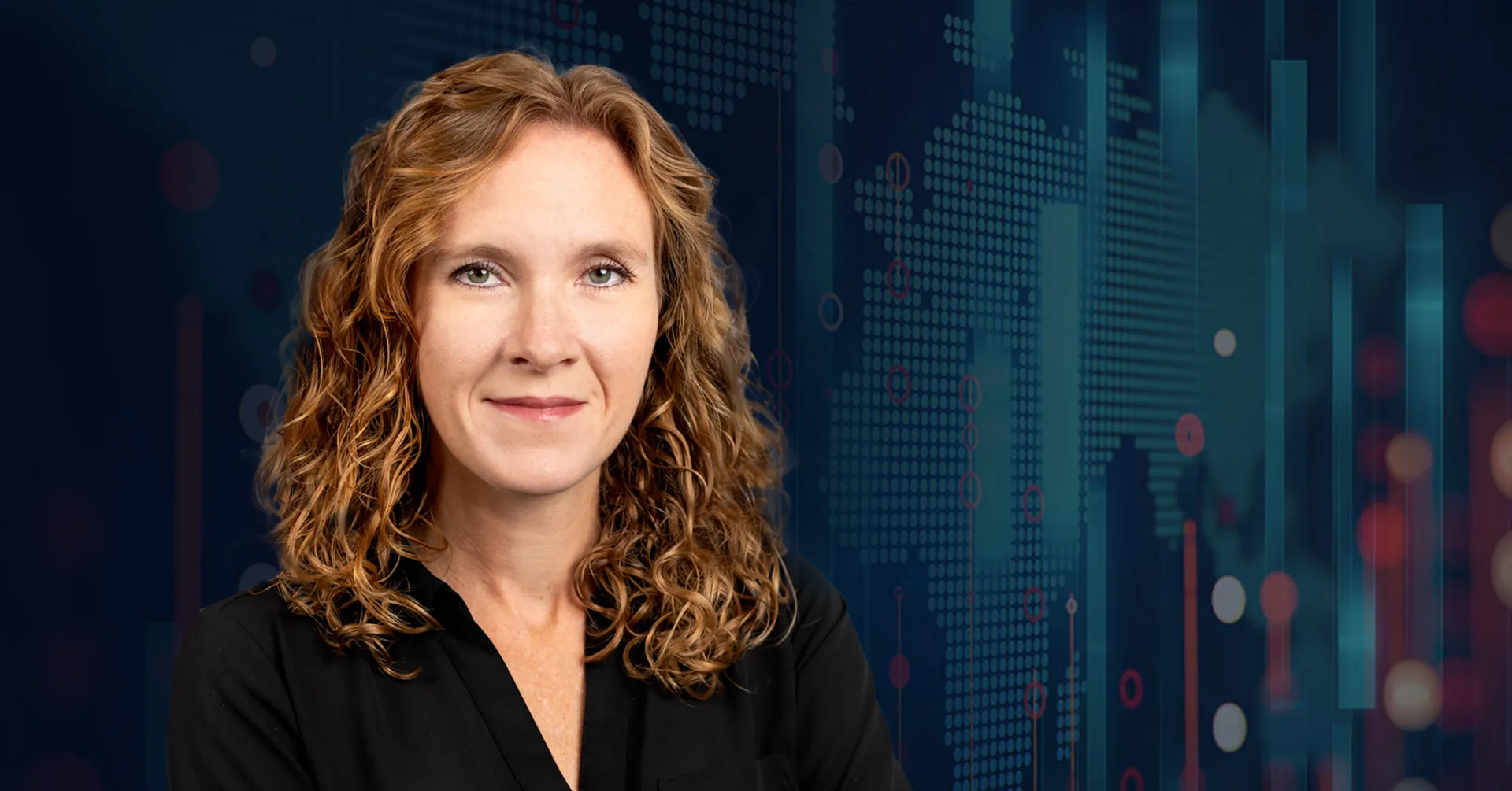How Safety Leaders Influence Psychological Safety
Psychological safety has a measurable impact on organizations. When employees feel psychologically safe, they are eight times more likely to be engaged, three times more likely to be productive, and three and a half times more likely to be innovative.
So, how do organizations measure the psychological safety of their workforce, and what is the safety leader’s role in creating a culture of psychological safety?
Dr. Rajni Walia is an organizational psychologist, consultant, and Vice President of DEKRA North America. Rajni joined the show to answer those questions and explain:
- How to evaluate psychological safety gaps
- Three factors of employee well-being that safety leaders can influence
- Tips to overcome reluctance to change
- How to turn transactional interactions into transformational conversations
The Employee Safety Podcast is hosted by Peter Steinfeld, SVP of Safety Solutions at AlertMedia.
You can find this interview and many more by following The Employee Safety Podcast on Apple Podcasts, Spotify, or subscribing here.

More Episodes You May Be Interested In
-
 How Ingles Markets Responded to Hurricane Helene
How Ingles Markets Responded to Hurricane HeleneWhen Hurricane Helene barreled toward North Carolina in September 2024, Johnny West, Safety Coordinator at Ingles Markets, sprang into action to notify employees and protect the company’s sole distribution center. In this episode, Johnny shares the compelling story of how his team responded to Helene, ensured employee safety, and got the distribution center back up…
-
 How to Manage Risk Using Human and Organizational Performance (HOP)
How to Manage Risk Using Human and Organizational Performance (HOP)Erick Anez, Head of Enterprise Risk and Resilience for Bridgestone West, explores Human and Organizational Performance (HOP)—a framework focused on reducing errors and improving outcomes by addressing systems, not blaming individuals. With over 16 years of experience in high-hazard industries, Erick shares how HOP principles can transform enterprise safety and resilience. From creating safer environments…
-
 Preparing for the 2025 Threat Landscape
Preparing for the 2025 Threat LandscapeFrom climate extremes to escalating geopolitical tensions and the rapid advancement of cybercrime, 2024 presented significant disruptions that reshaped how business leaders approach employee safety, security, and business continuity. As we enter 2025, emerging trends suggest the global threat landscape will become even more interconnected, complex, and challenging to navigate. In this episode, Sara Pratley,…




